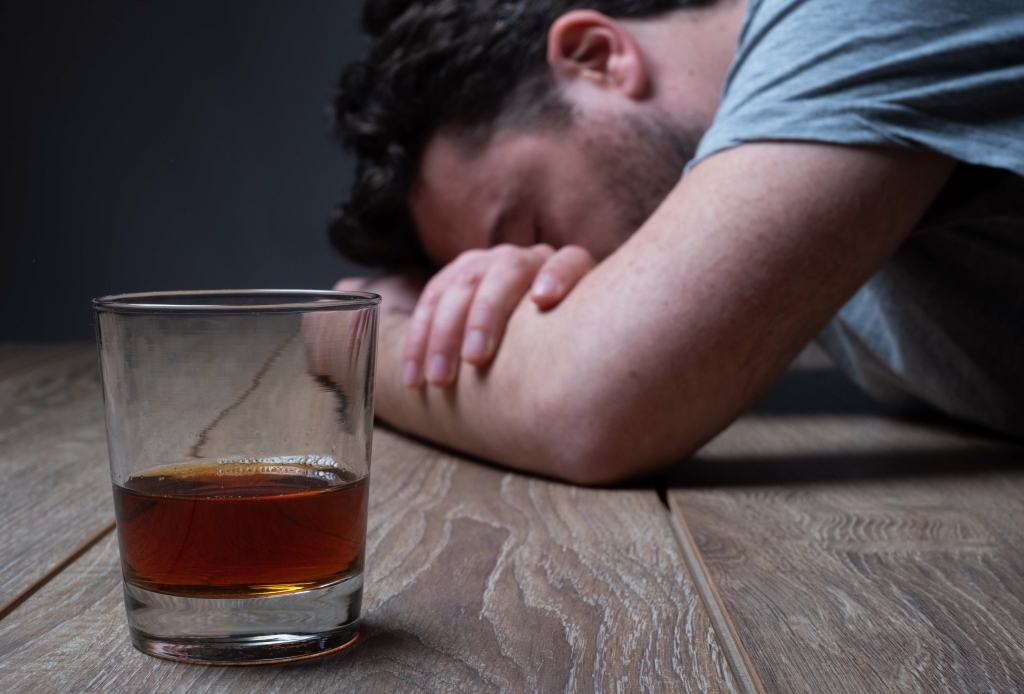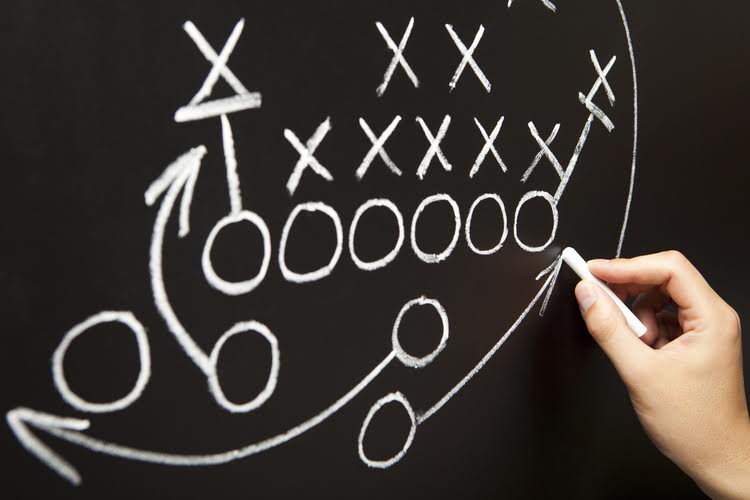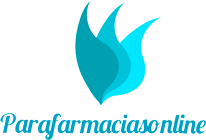A separate study published by the CDC and the National Institute on Drug Abuse in 2020 found 3 out of 4 people who experience addiction eventually recover. Kelly co-authored a peer-reviewed study published last year that found roughly 22.3 million Americans — more than 9% of adults — live in recovery after some form of substance-use disorder. Supporting the management of behavioral health effects from disasters. Many organizations, however, are small and not as familiar with how to collect and analyze data. Building relationships with some of these groups takes persistence and patience, toward improving their impact on people’s lives, he says. As part of the Consortium on Addiction Recovery Science, two HEAL-funded research teams are laying the groundwork for current and future science-based community participation in recovery research.

Inpatient Detox Support Services Explained
These factors, known collectively as “recovery capital,” enhance an individual’s ability to function in his or her surroundings, reduce the risk of problematic substance use, and maximize quality of life. If you or a loved one is ready to take action and start the drug and alcohol recovery process, you’ve already started the stages of change and may be looking for treatment options. Treatment varies depending on the type of substance, the presence of co-occurring mental disorders and other personal factors. It’s important to explore your options and choose treatment that addresses your individual needs. In the past few decades, science has brought us effective behavioral and medication addiction treatments https://prostomac.com/2010/09/puzzle-dimension-delo-vovse-ne-v-podsolnuxax/ as well as lifesaving treatments that revive people from overdose and give them a chance to seek lasting recovery.

How Long Does It Take To Break An Addiction?
Areas of executive function regain capacity for impulse control, self-regulation, and decision-making. The best way to handle a relapse is to take quick action to seek help, whether it’s http://esenin-lit.ru/words/6-%D0%97%D0%90%D0%9C%D0%AB%D0%A1%D0%9B/esenin/zamysel.htm intensifying support from family, friends, and peers or entering a treatment program. One advantage of mutual support groups is that there is likely someone to call on in such an emergency who has experienced a relapse and knows exactly how to help. In addition, immediately attending or resuming group meetings and discussing the relapse can yield much advice on how to continue recovery without succumbing to the counterproductive feeling of shame or self-pity. Not only is addiction relapse common, relapse is not considered a sign of failure. In fact, people in recovery might be better off if the term “relapse” were abandoned altogether and “recurrence” substituted, because it is more consistent with the process and less stigmatizing.
Essential Substance Use Treatment Plan Facets
There are some friends who are better left behind—those who are linked to the addictive experience. People in the throes of addiction are not capable of the best form of friendship. Further, those friends can serve as a cue that sets off drug craving and challenges the recovery process. Because recovery involves growth, families need to learn and practice new patterns of interaction. Researchers have studied the experiences of many people who have recovered from substance use and identified key features of the recovery process. One widely used model can be summed up in the acronym CHIME, identifying the key ingredients of recovery.
Explore the Tools

Slogans that promote understanding and acceptance can play a role in reducing this stigma. These slogans emphasize community support and collective responsibility in preventing drug abuse, fostering a sense of unity and shared purpose. By leveraging these inspirational slogans, schools and community settings can foster a sense of hope and motivation, encouraging individuals to envision and strive for a drug-free and fulfilling life. Inspirational slogans aim to uplift and encourage individuals to pursue a better life without drugs, fostering a sense of hope and resilience.
Stages of Recovery
The collaborative nature of MI respects the diverse progression of individuals through the stages, acknowledging their readiness and ambivalence. While relapse is a normal part of recovery, for some drugs, it can be very dangerous—even deadly. If a person uses as much of the drug as they did before quitting, they can easily overdose because their bodies are no longer adapted to their previous level of drug exposure. An overdose happens when the person uses enough of a drug to produce uncomfortable feelings, life-threatening symptoms, or death. Like treatment for other chronic diseases such as heart disease or asthma, addiction treatment is not a cure, but a way of managing the condition. Treatment enables people to counteract addiction’s disruptive effects on their brain and behavior and regain control of their lives.
- Explore the pros and cons of drug legalization – from economic impact to societal changes.
- Discover how to support a baby born addicted to opioids and understand the impact of Neonatal Abstinence Syndrome.
- This article provides a detailed look into the timelines and factors involved in recovering from alcohol use disorder, as well as the potential improvements in health and well-being during this transformative process.
- Therapists often classify people with chemical dependencies as either interested or not interested in changing.
By acknowledging differences, offering alternatives, and emphasizing flexibility, the recovery process becomes more accessible, person-centered, and ultimately more effective in promoting lasting positive change. By providing options for recovery, individuals can choose the approaches that resonate with their needs and https://newfs.info/person/v-s/ preferences. This inclusivity fosters a sense of empowerment, encouraging active participation in the recovery process. Whether through individual or group therapy, medication-assisted treatment, or holistic interventions, tailoring the approach to the individual’s circumstances enhances the effectiveness of addiction recovery efforts. Moreover, integrating various modalities into addiction recovery recognizes that there is no one-size-fits-all solution.

The term “powerlessness,” as it is used in addiction recovery, is often a turn-off, both to people in recovery and those in the general public, since the term is so misunderstood. Sustaining behavior change until new patterns become ingrained is difficult under the best of circumstances. In leaving addiction behind, most people have to restructure their everyday life, from what they think about and who they spend time with and where, to how they use their time, to developing and pursuing new goals. The shifts in thinking and behavior are critical because they lay the groundwork for changes in brain circuity that gradually help restore self-control and restore the capacity to respond to normal rewards. Guilt refers to feels of responsibility or remorse for actions that negatively affect others; shame relates to deeply painful feelings of self-unworthiness, reflecting the belief that one is inherently flawed in some way. Shame is an especially powerful negative feeling that can both invite addiction in the first place and result from it.
Recovery from Addiction
- A third is establishing and maintaining a strong sense of connection to others; support helps people stay on track, and it helps retune the neural circuits of desire and goal-pursuit.
- Others do well on their own making use of available community resources.
- This comprehensive blog delves into the significance of substance abuse slogans, offering over 250 carefully crafted messages tailored for various audiences and settings—from schools and workplaces to communities and social media platforms.
- Learn how to financially recover after addiction with personalized goals and a structured plan.
- These slogans aim to inspire and empower individuals to overcome addiction and pursue a better life.
These strategies are not just one-time actions but continuous practices to ensure a healthier, sober life. There’s evidence showing significant recovery in brain volume and function, particularly in areas responsible for coordination and processing. Different areas of the brain recover at varying rates, with cognitive and emotional functions taking longer to normalize. “Nobody recovered from addiction dead. My feeling is if we can keep people alive long enough, we know eventually the majority get recovery,” he said.

Deje su comentario
Debe iniciar sesión para escribir un comentario.